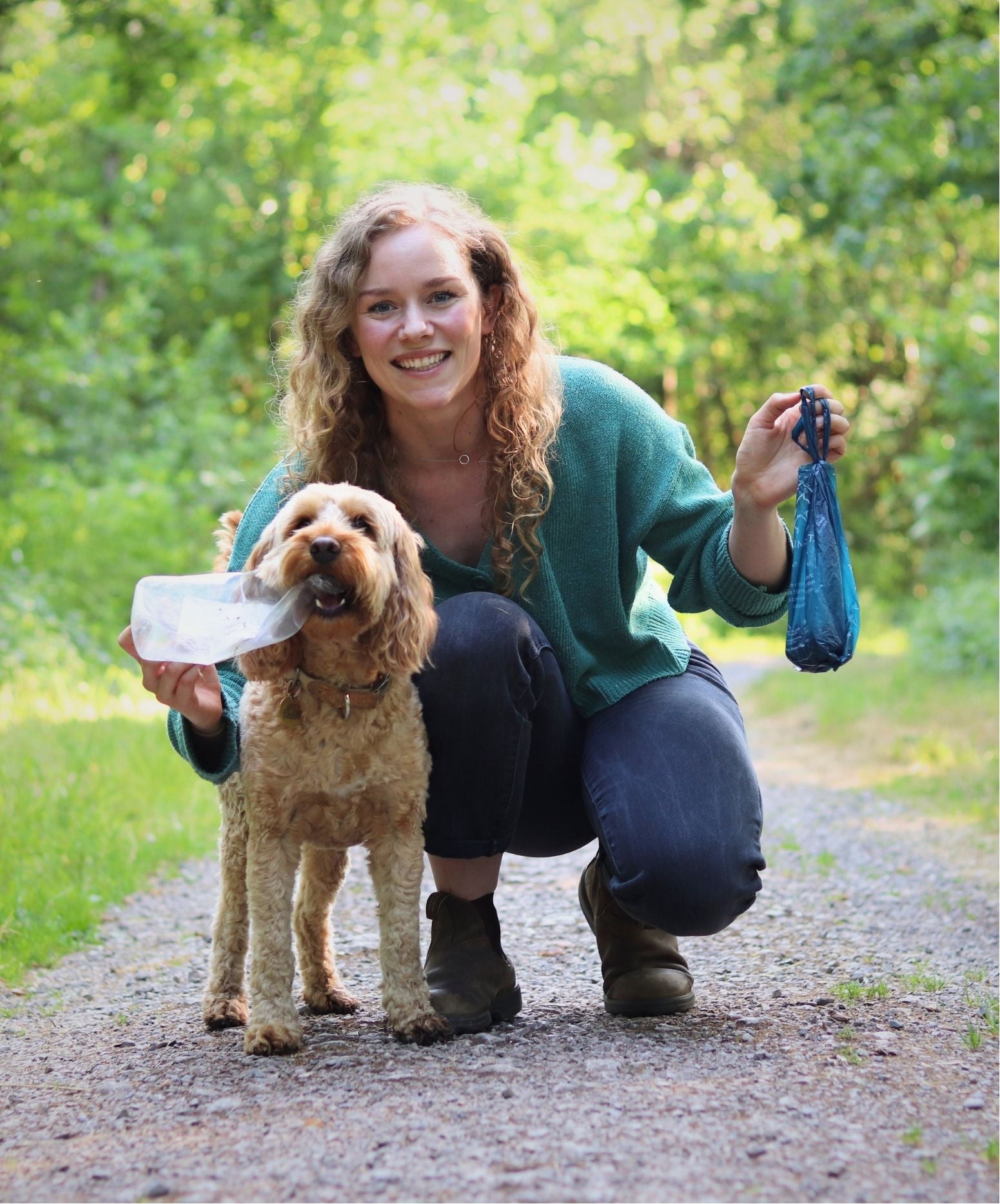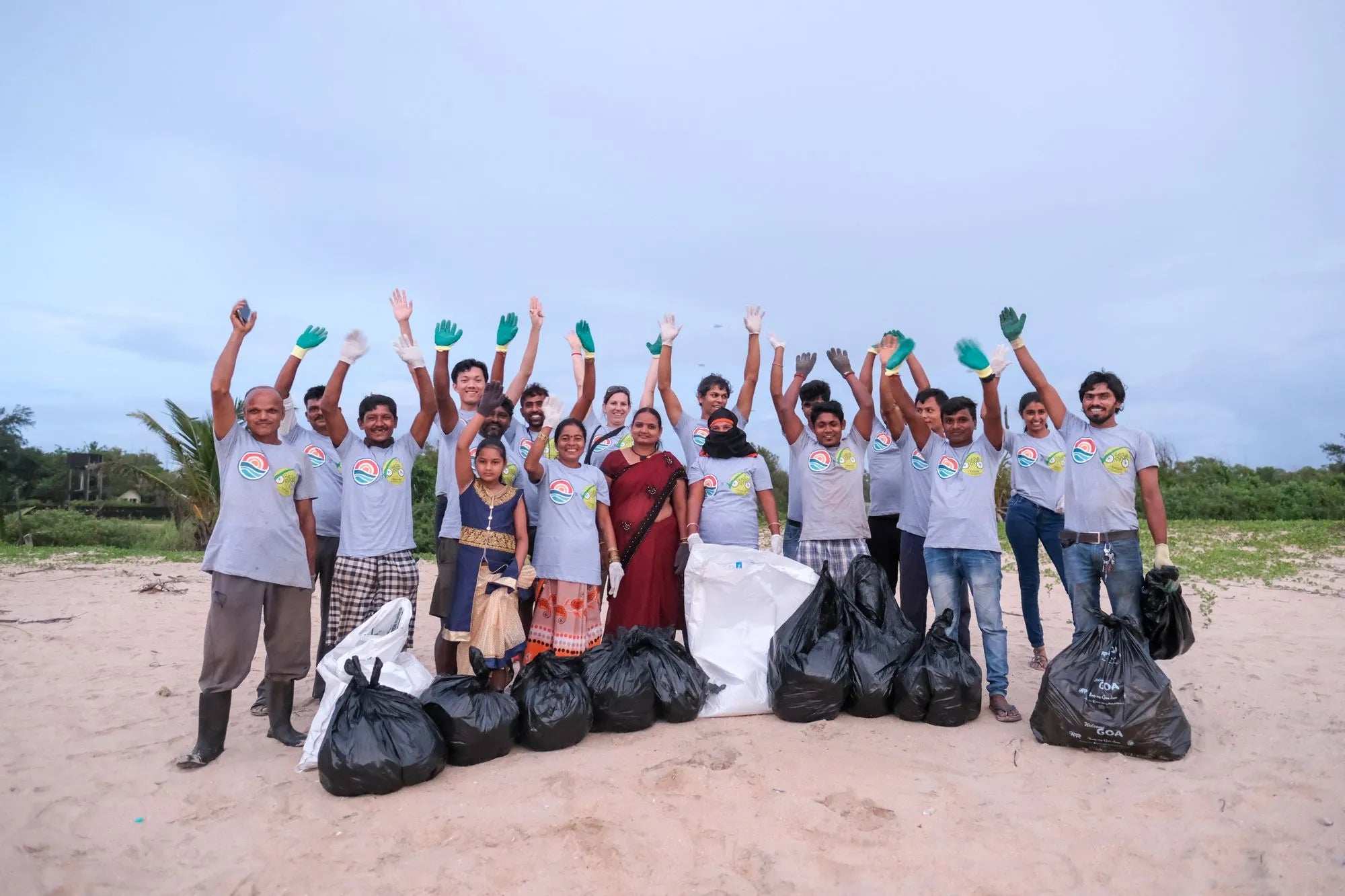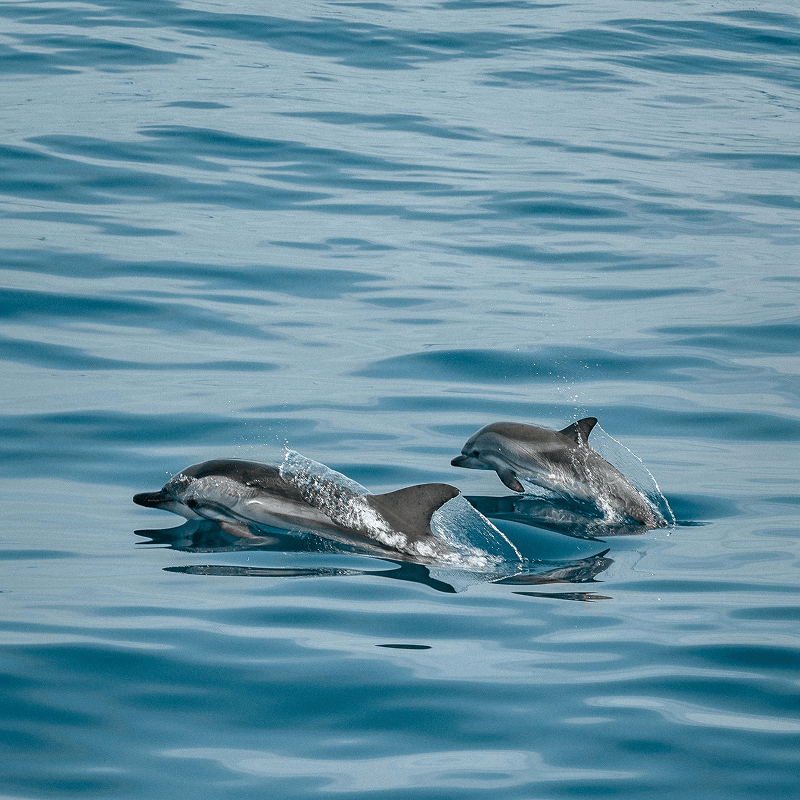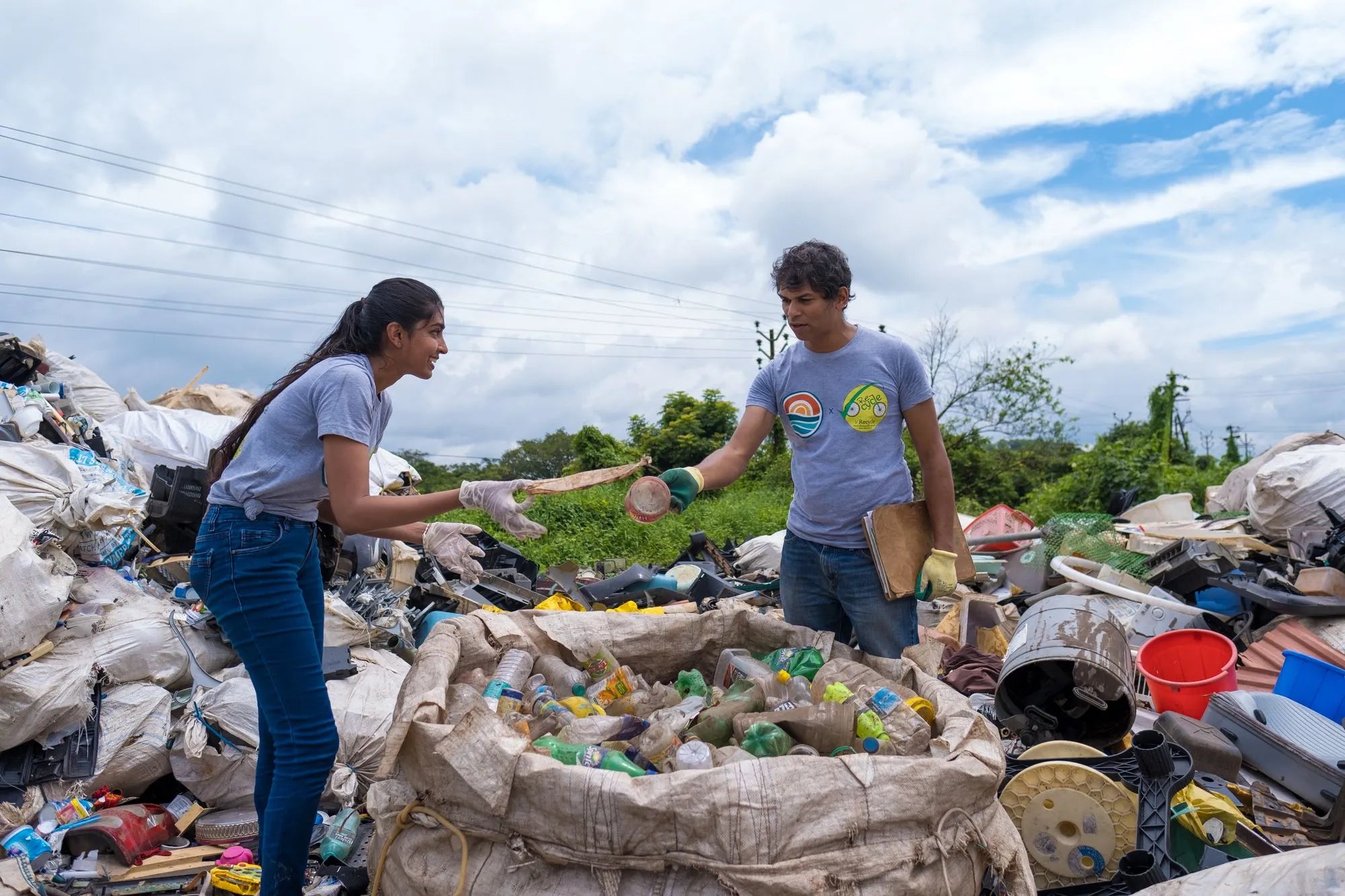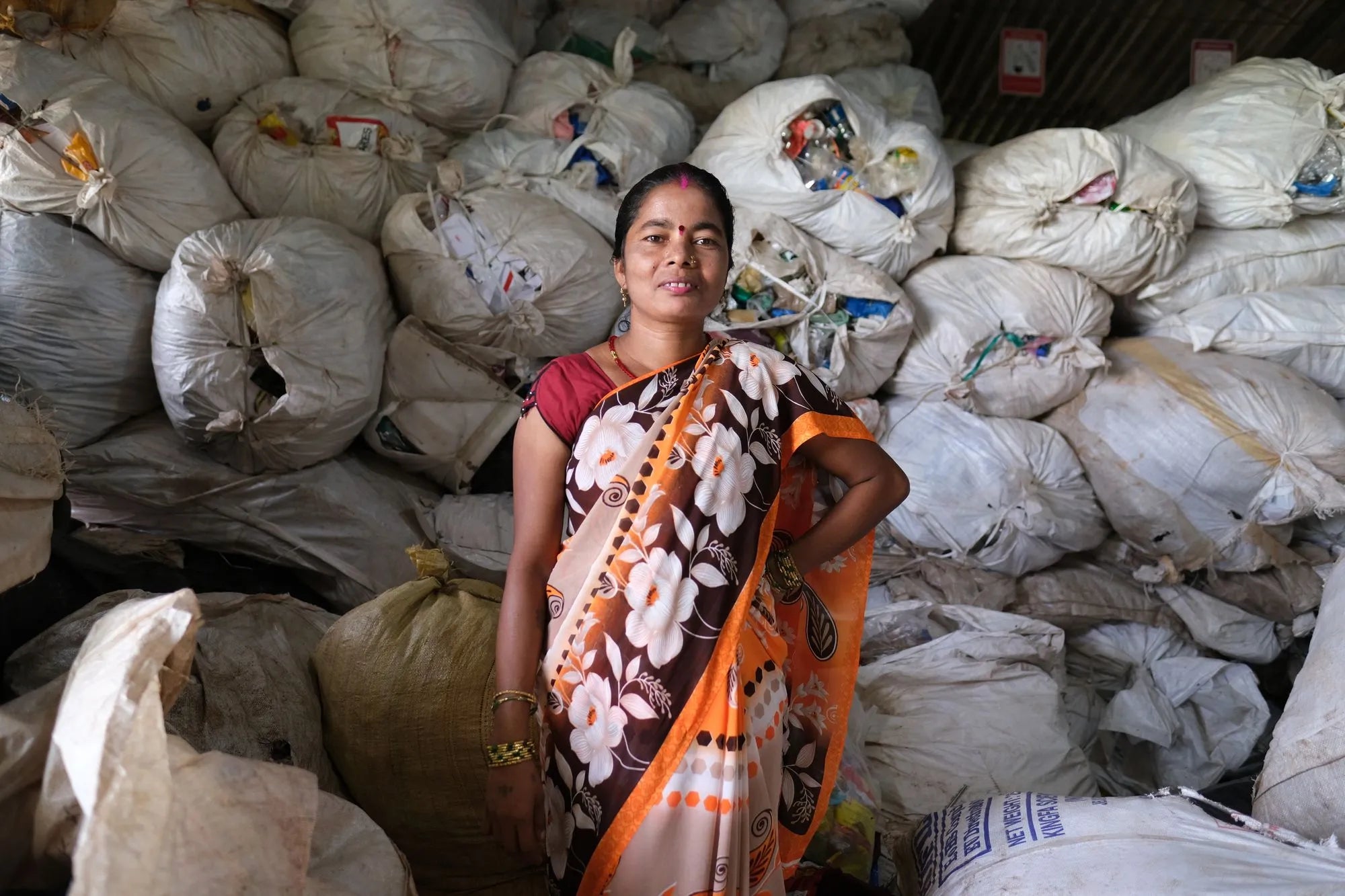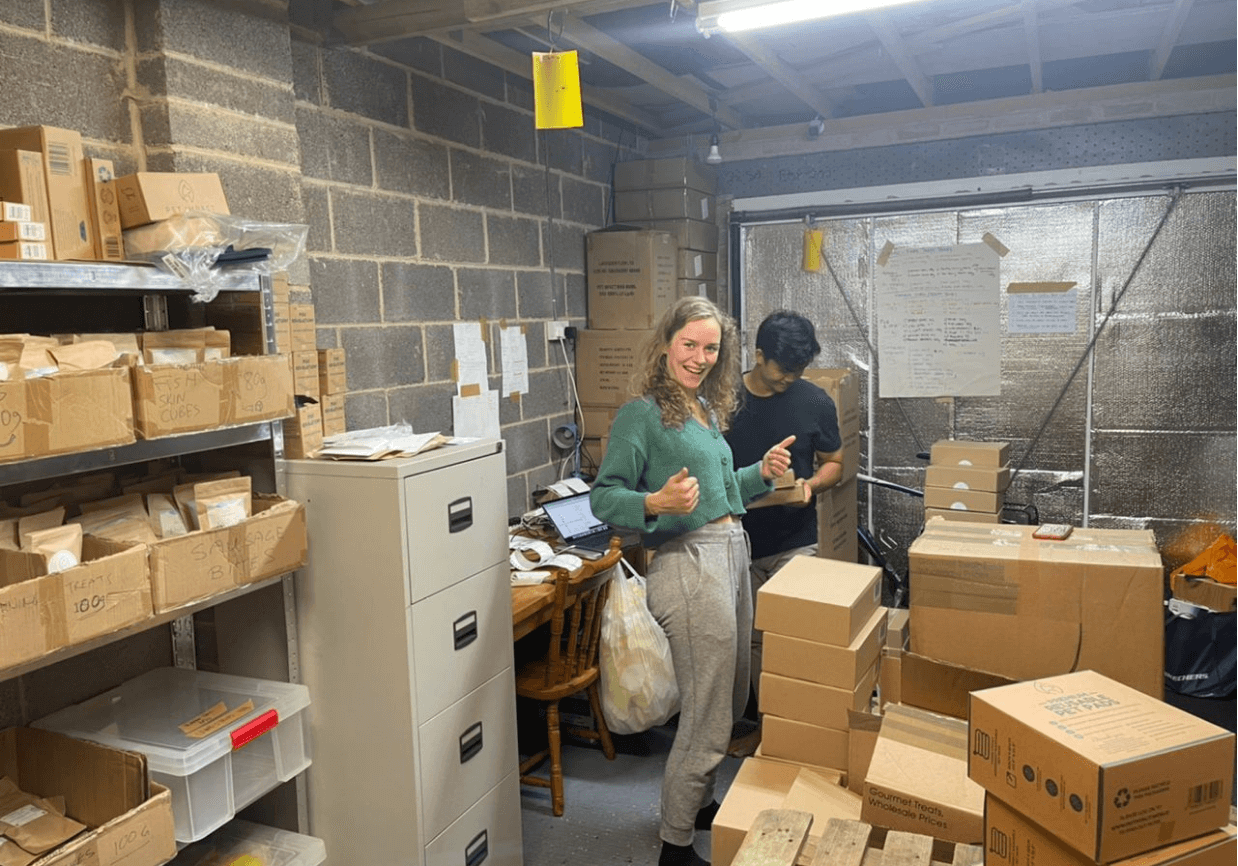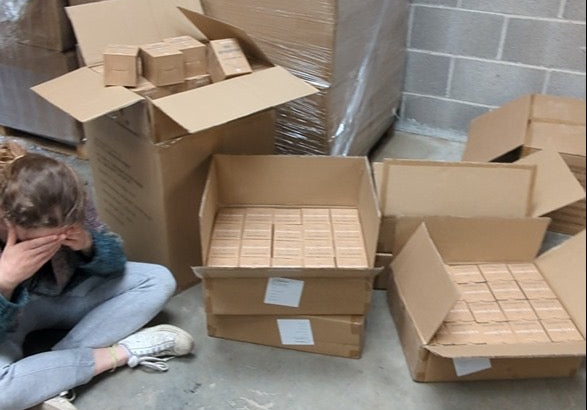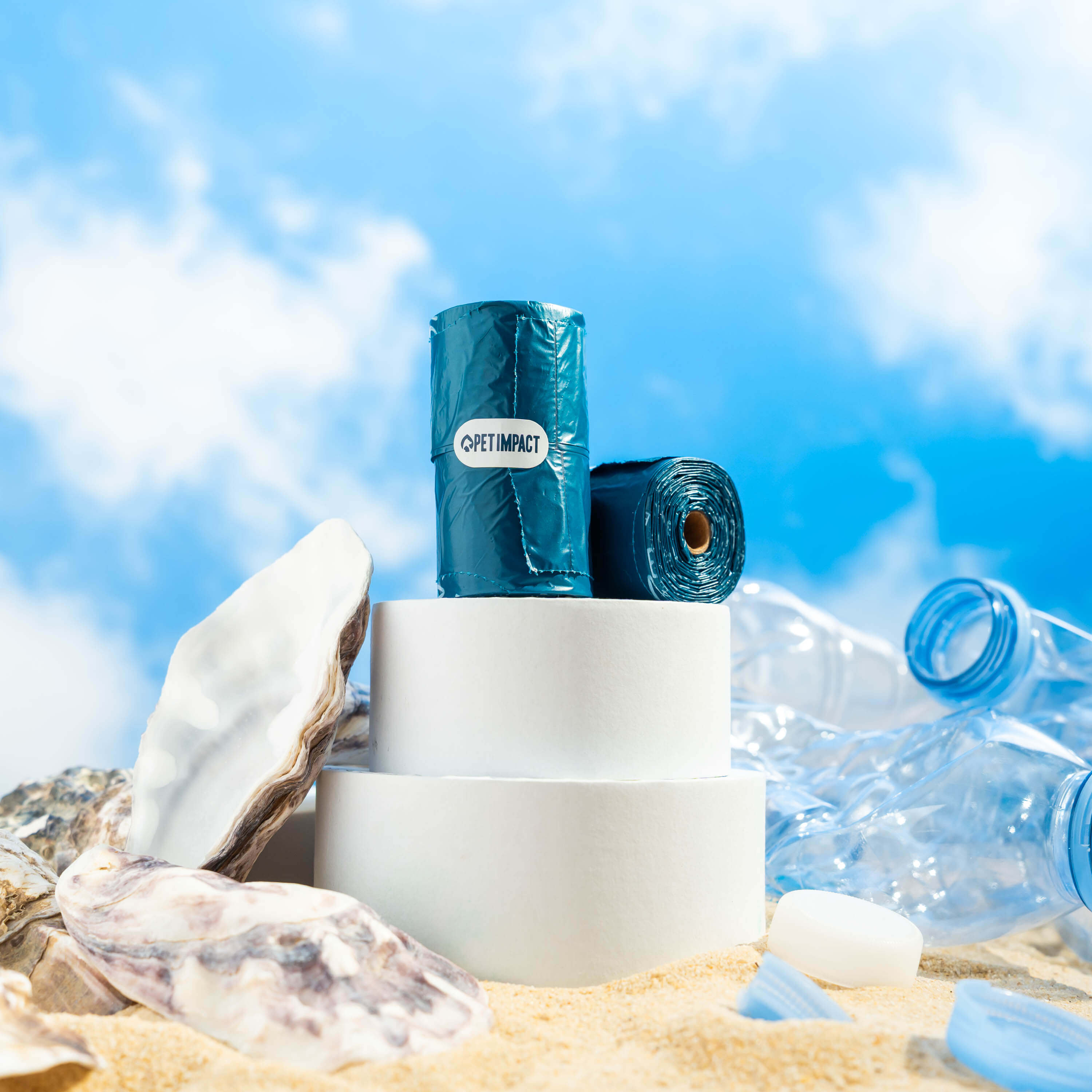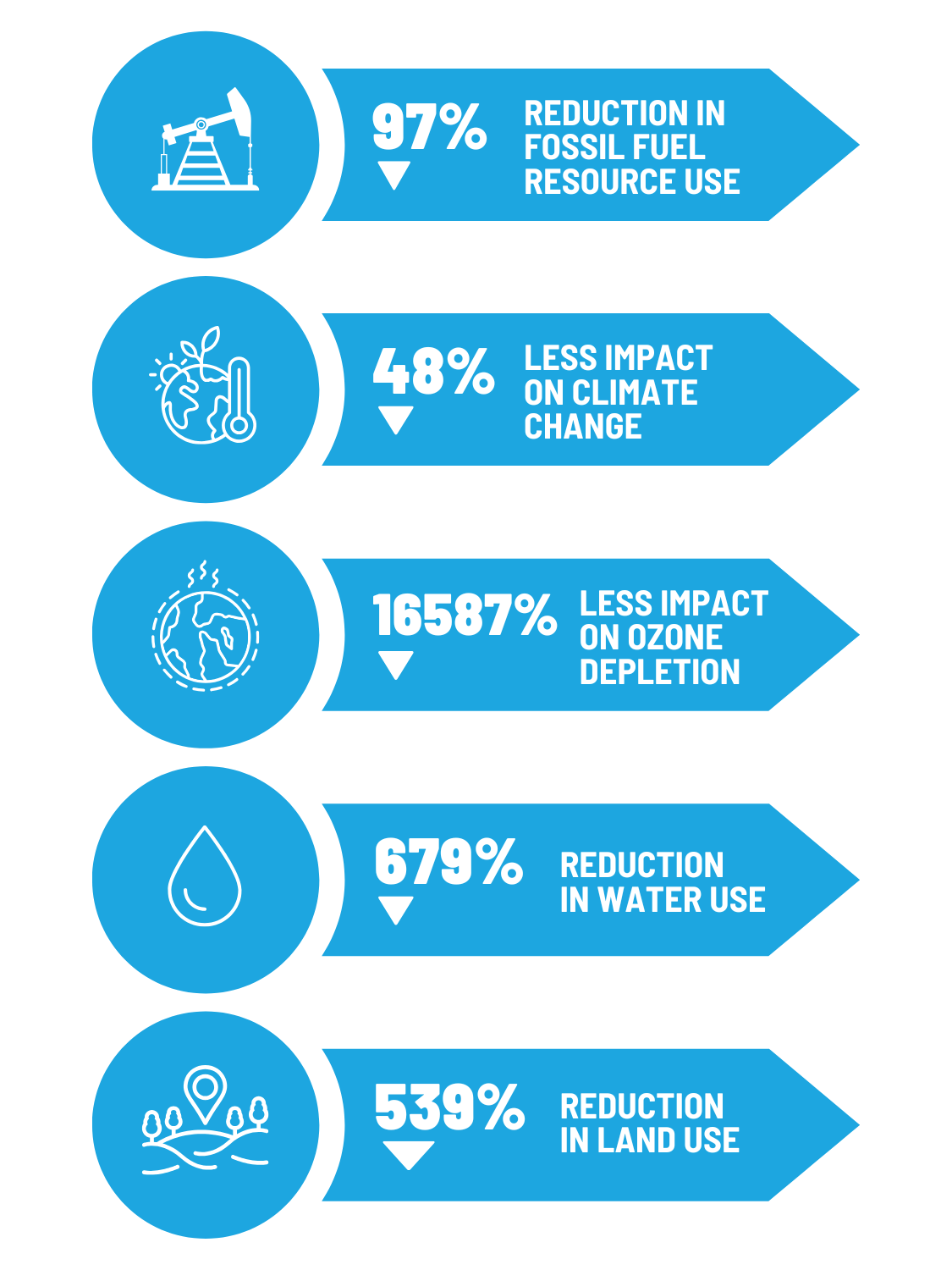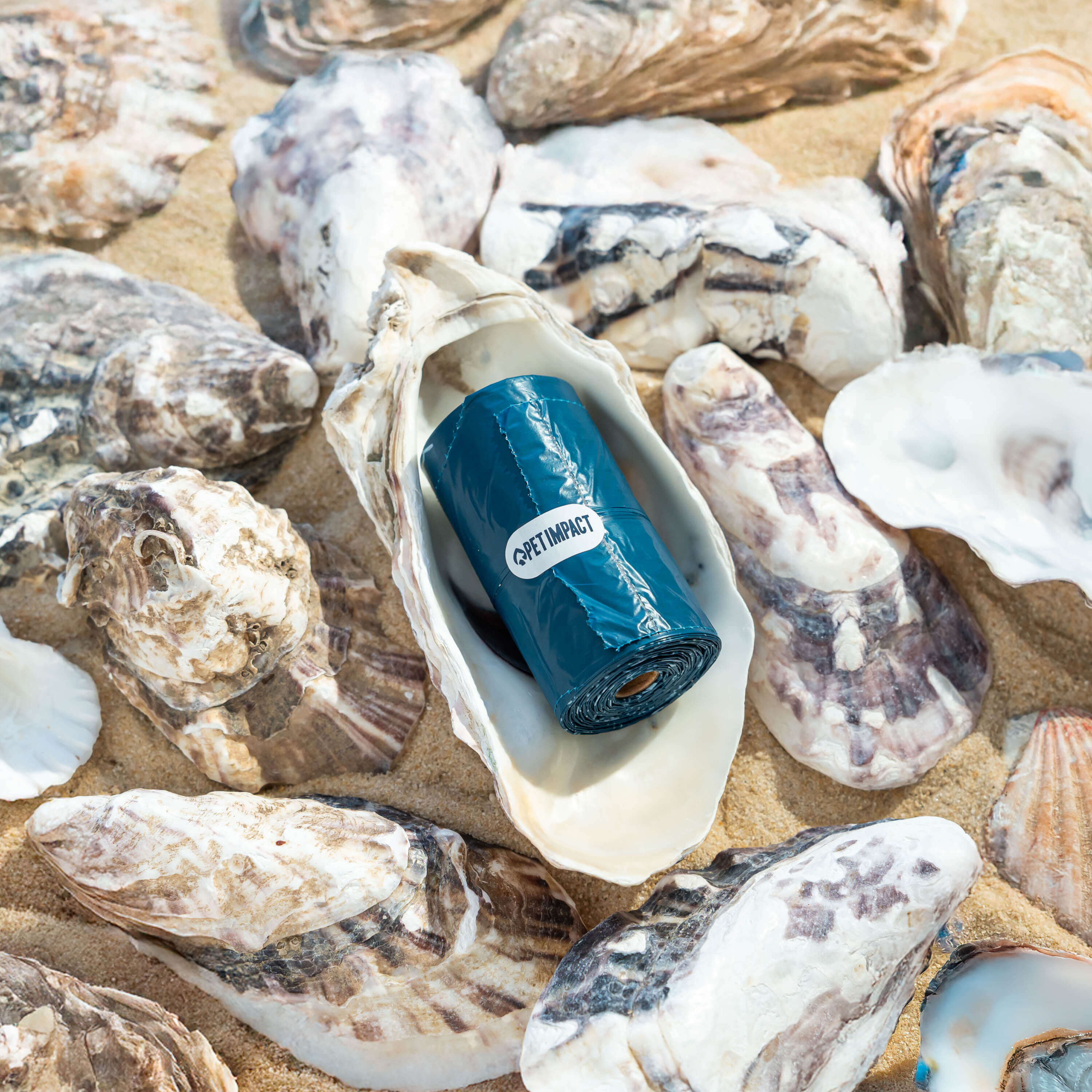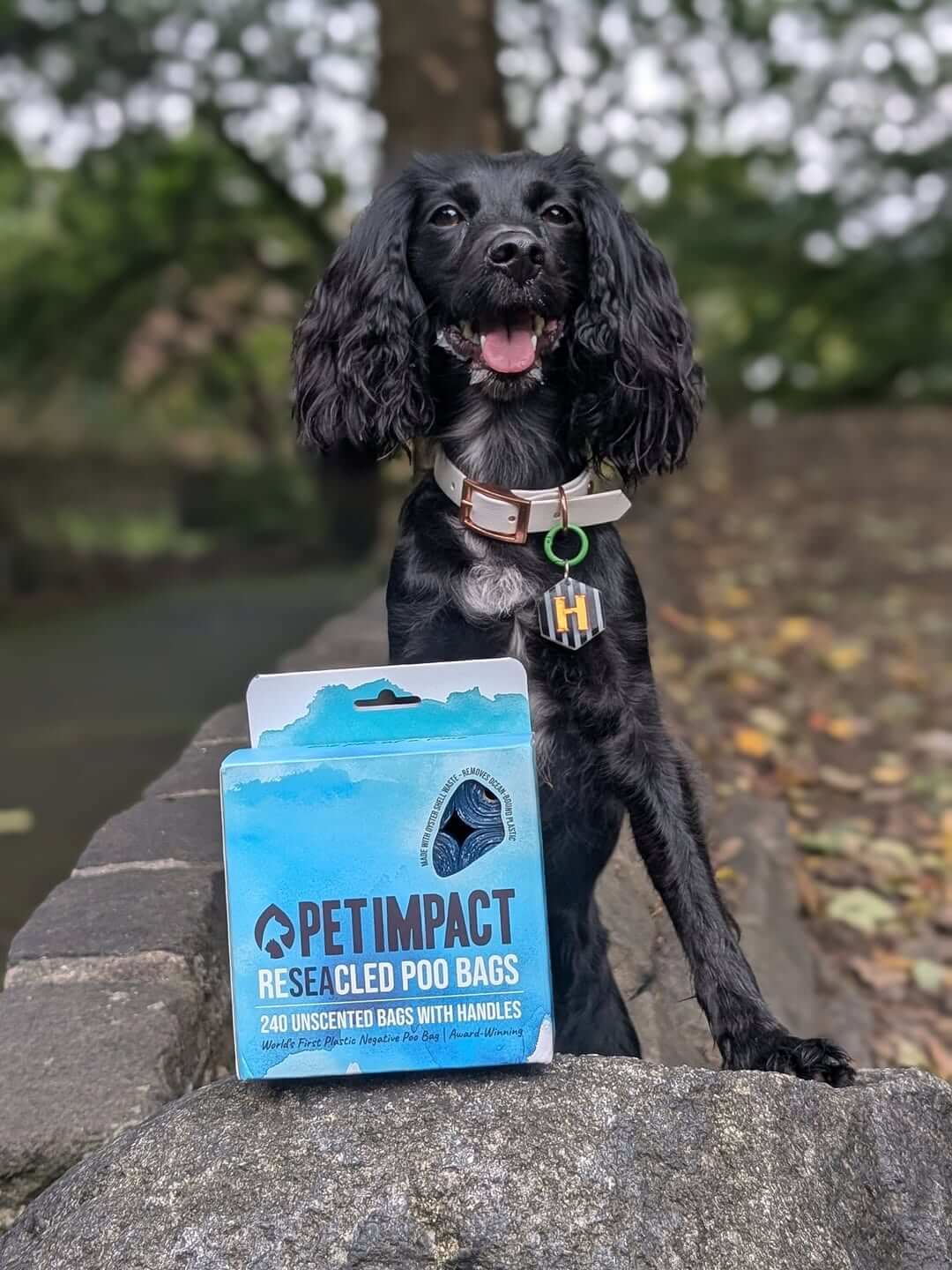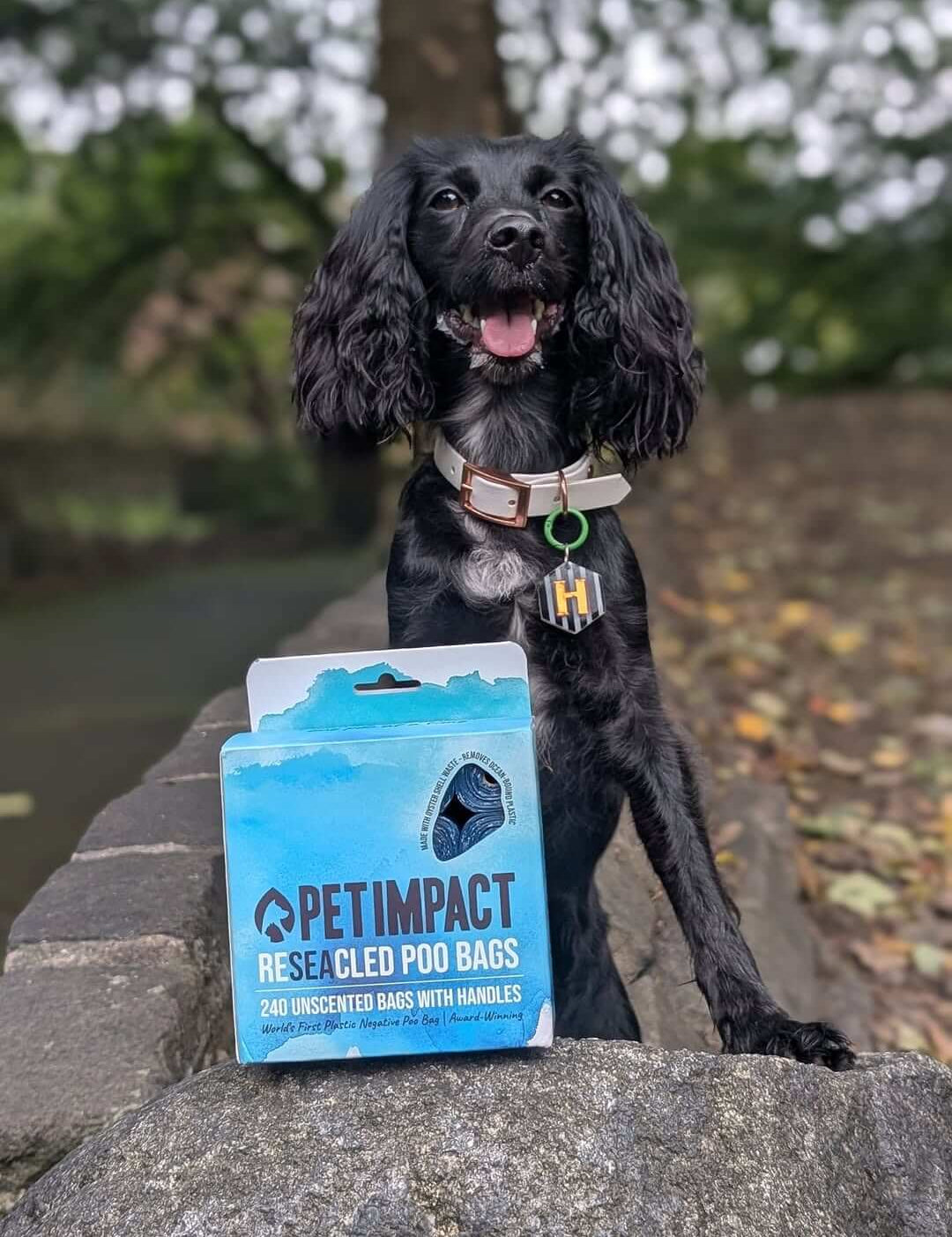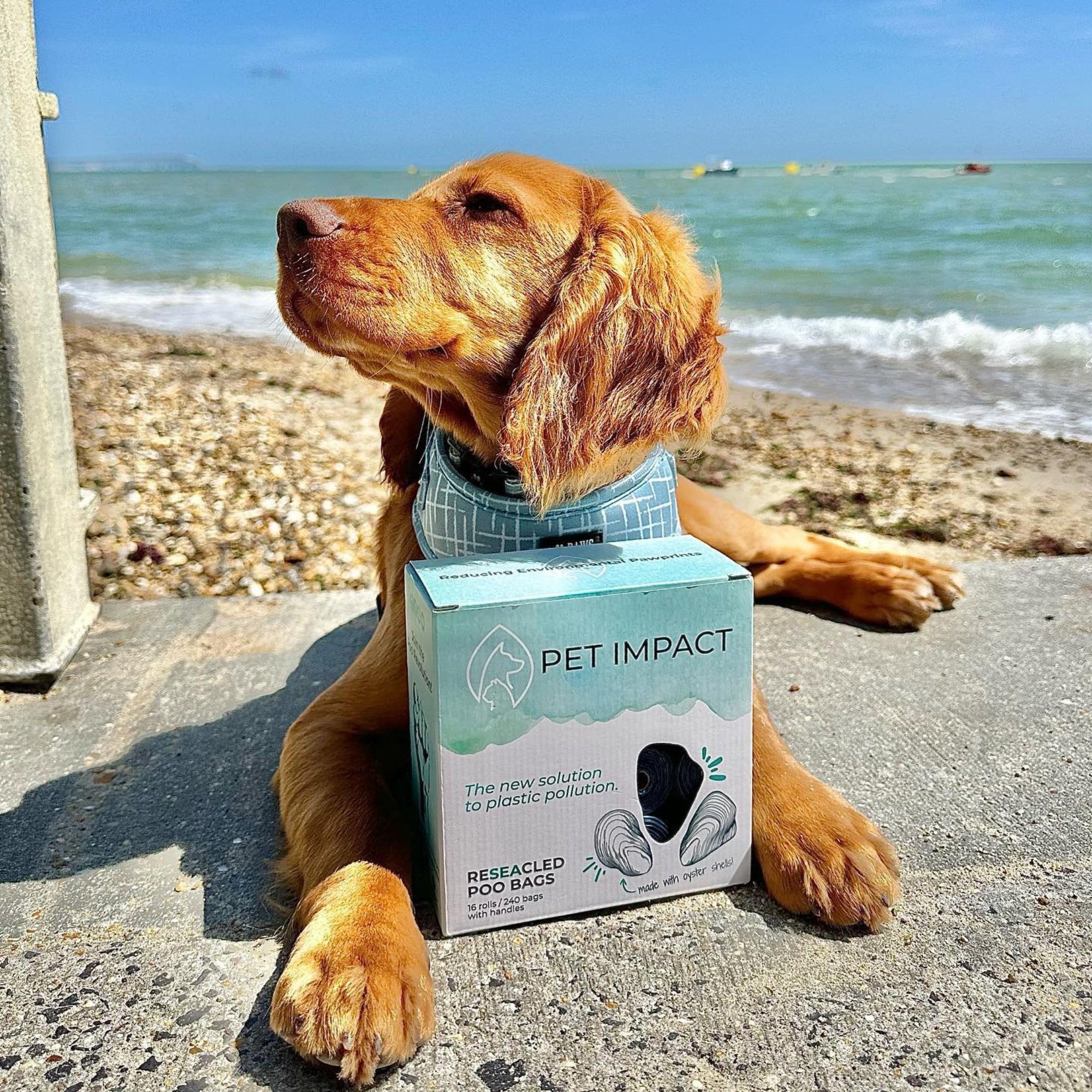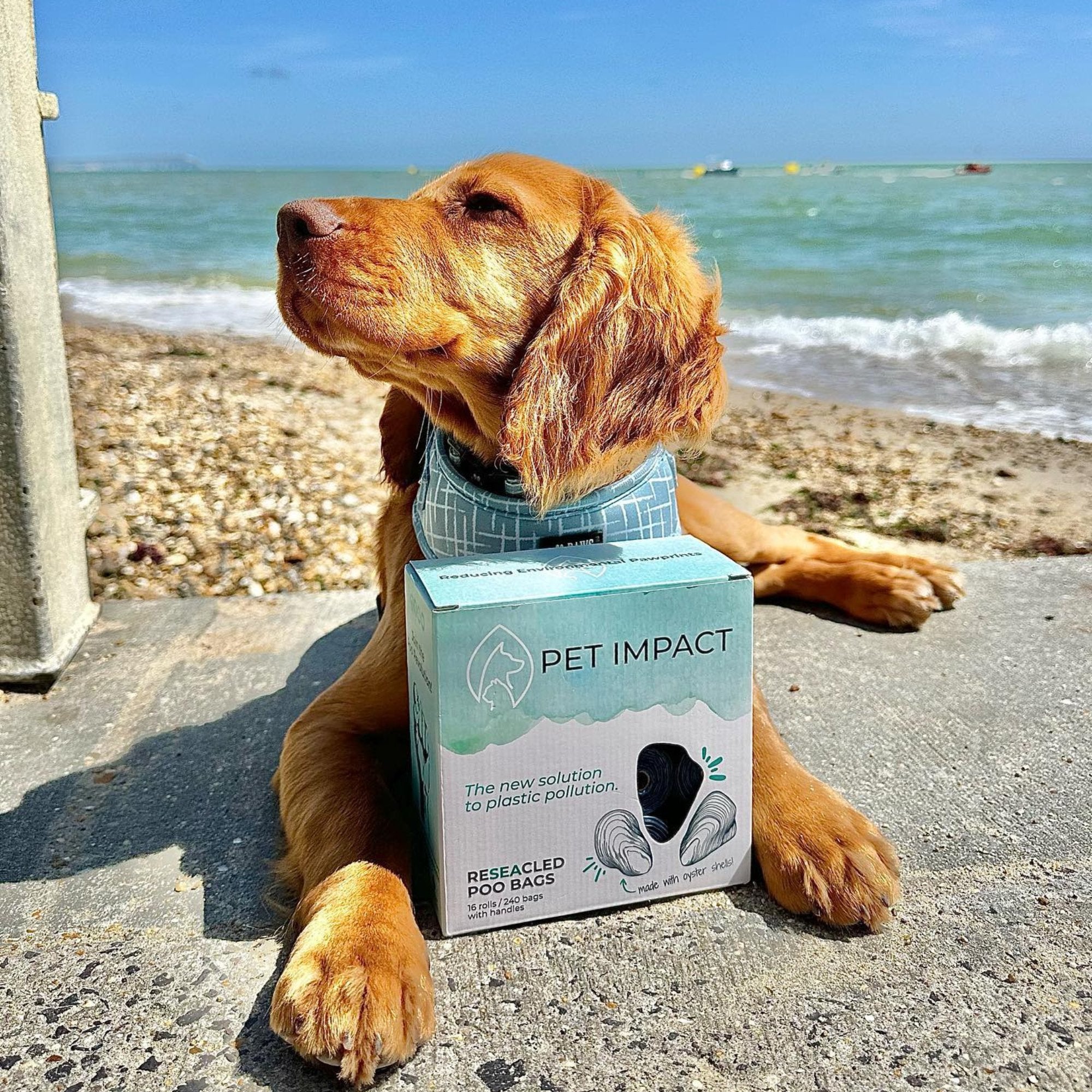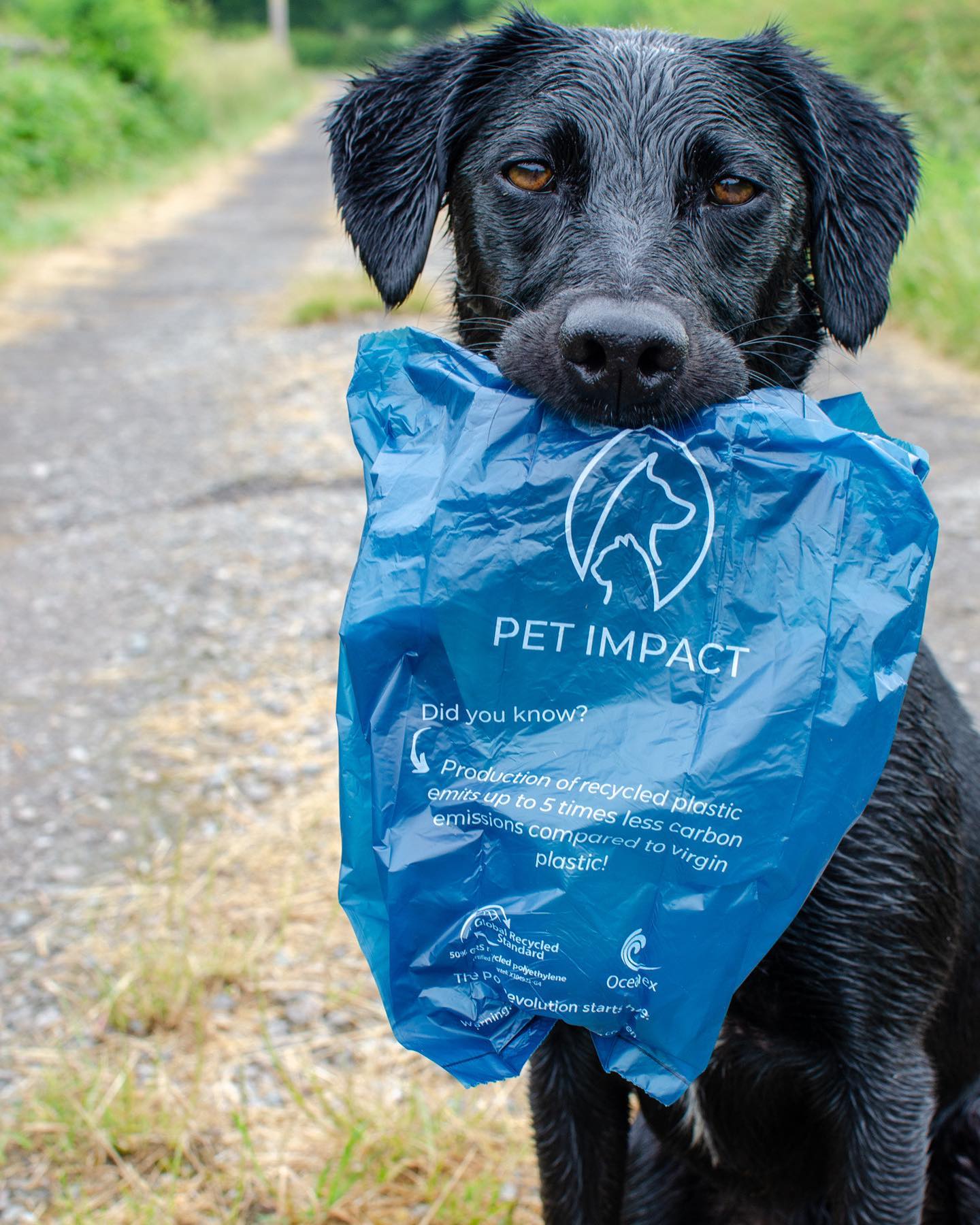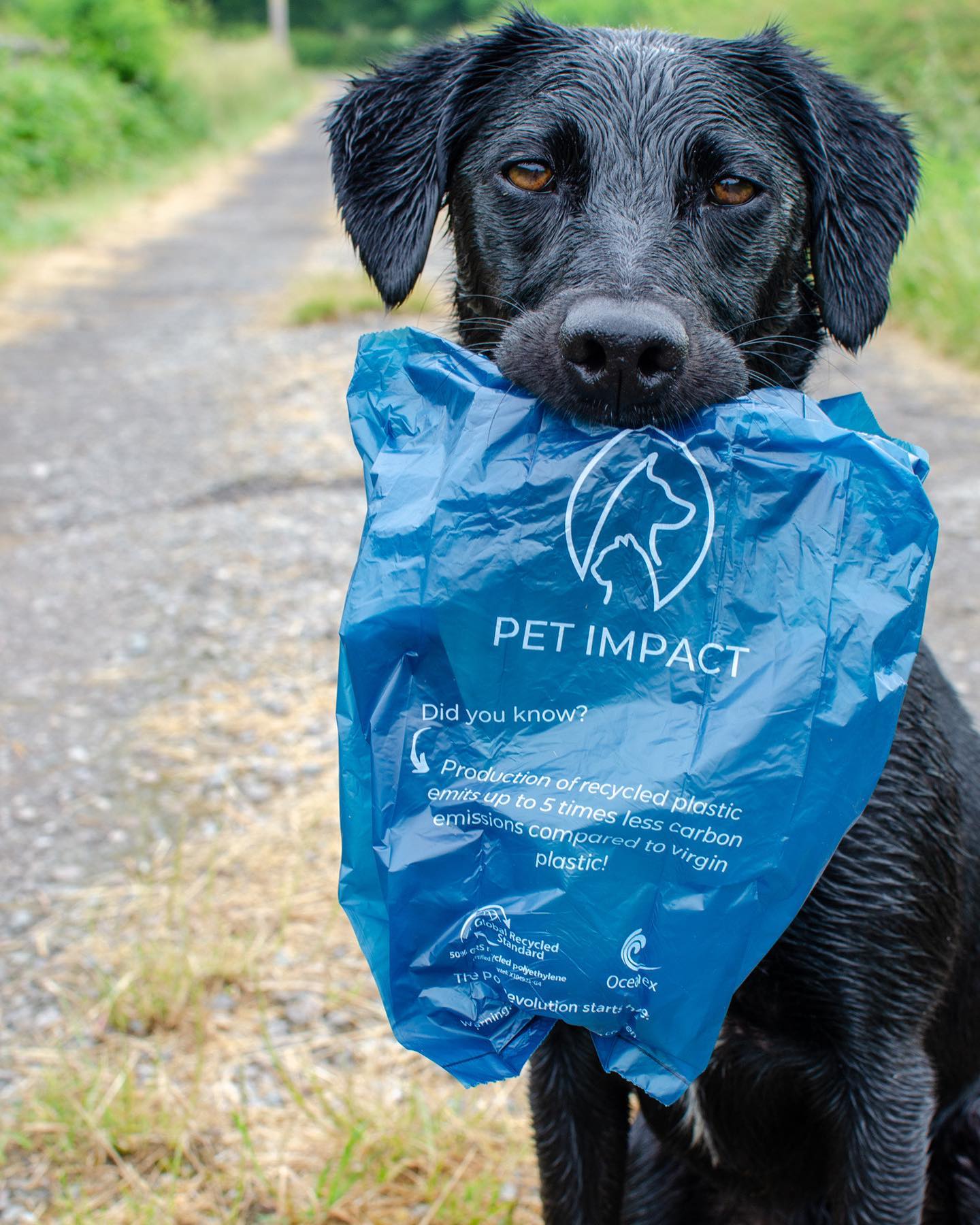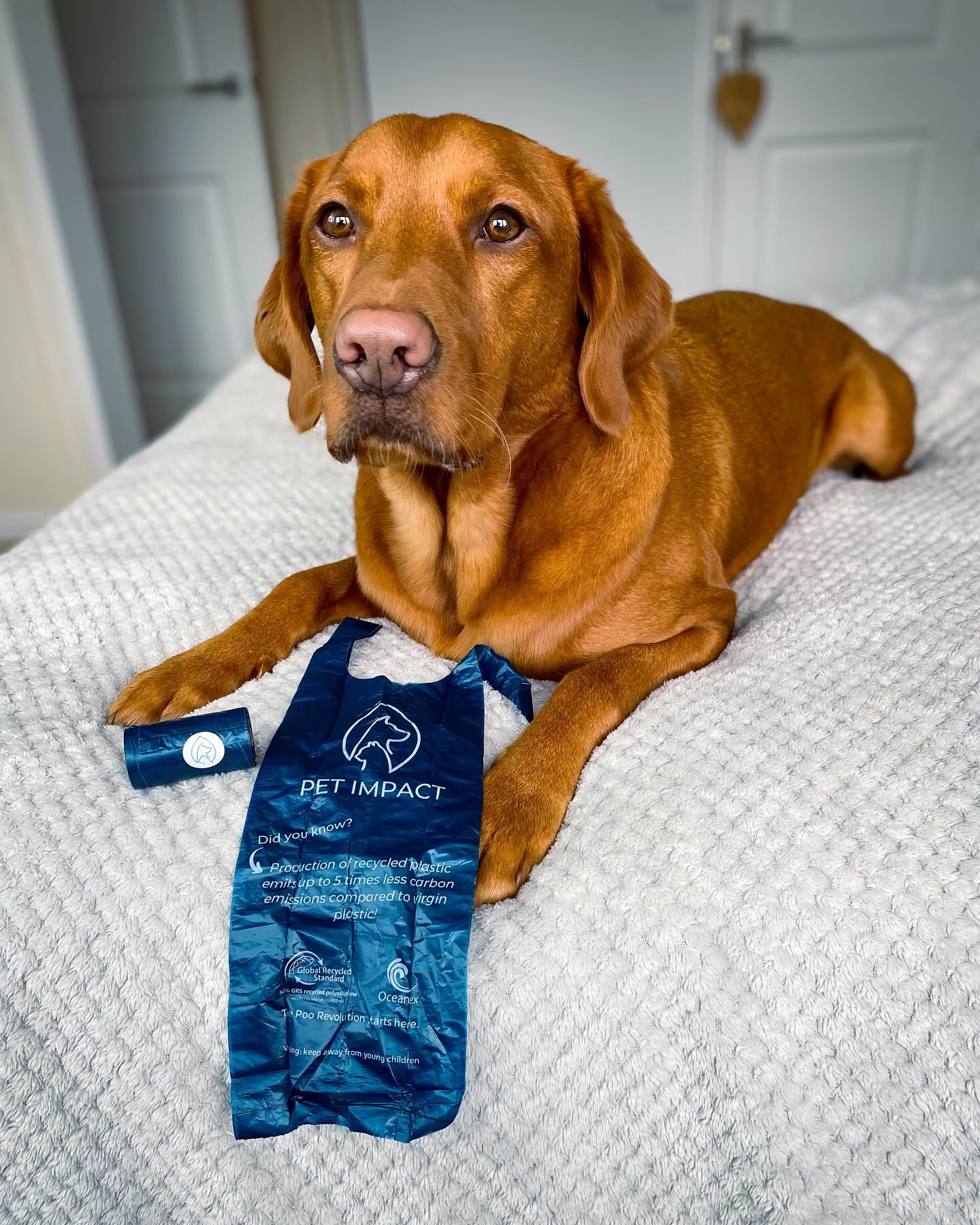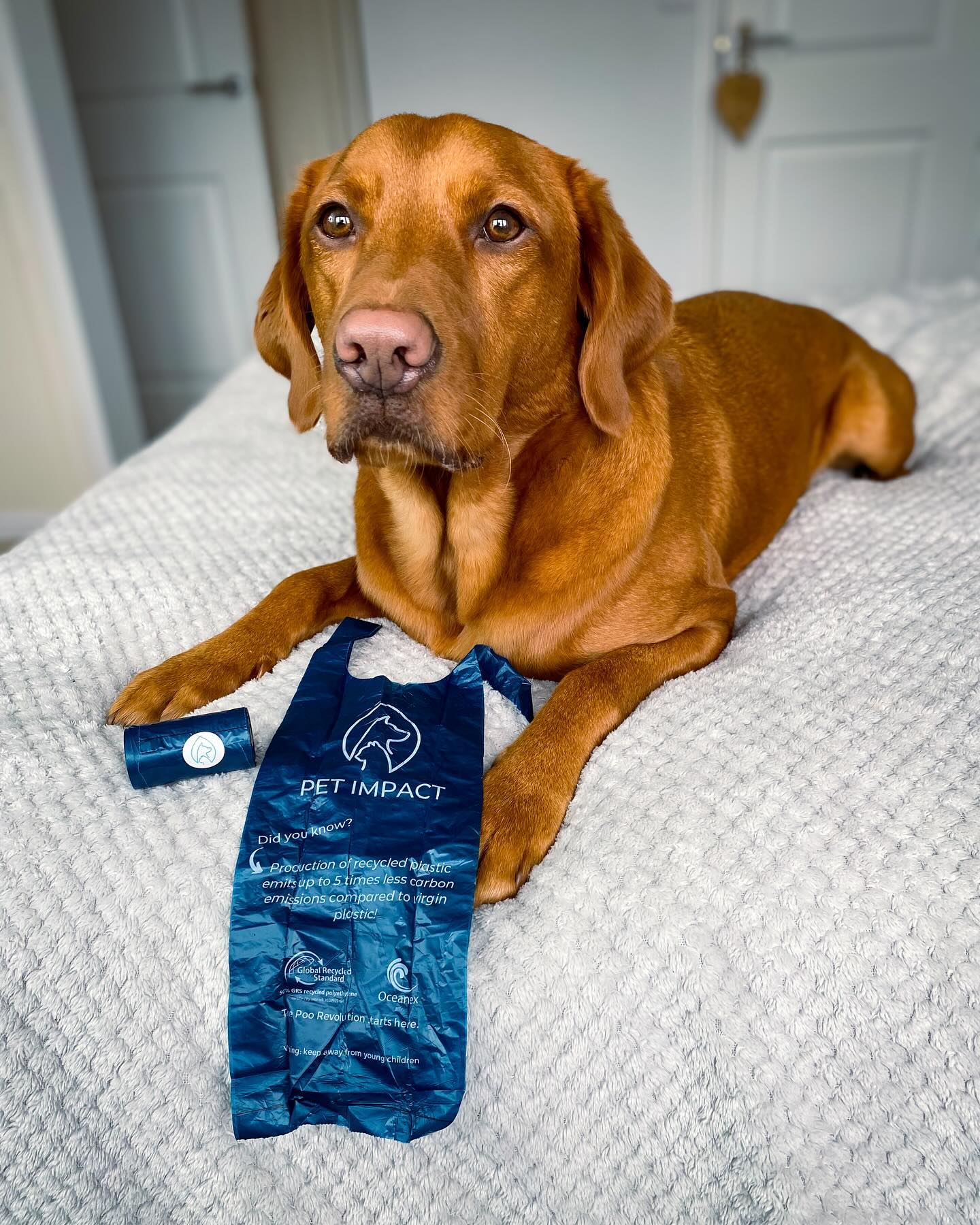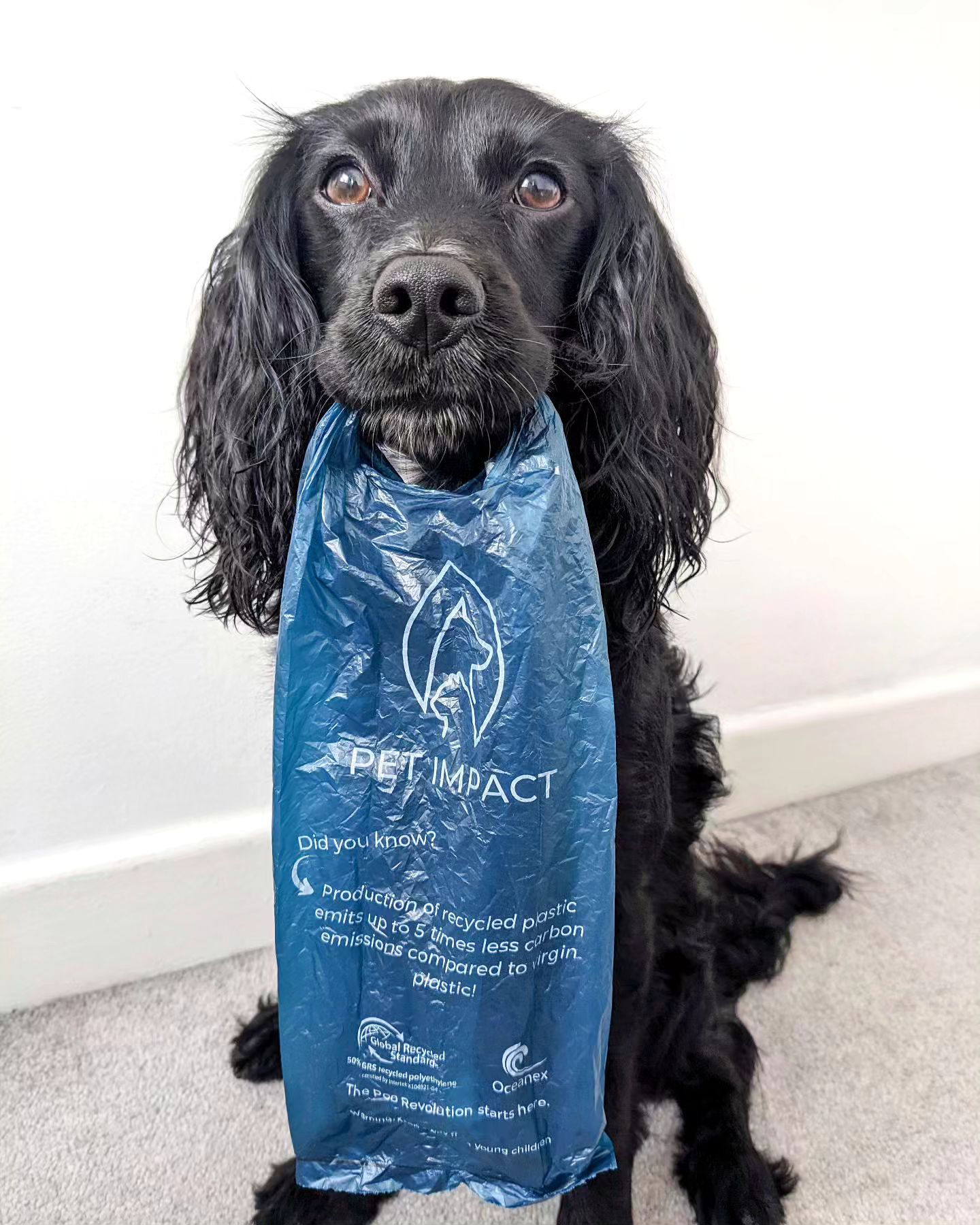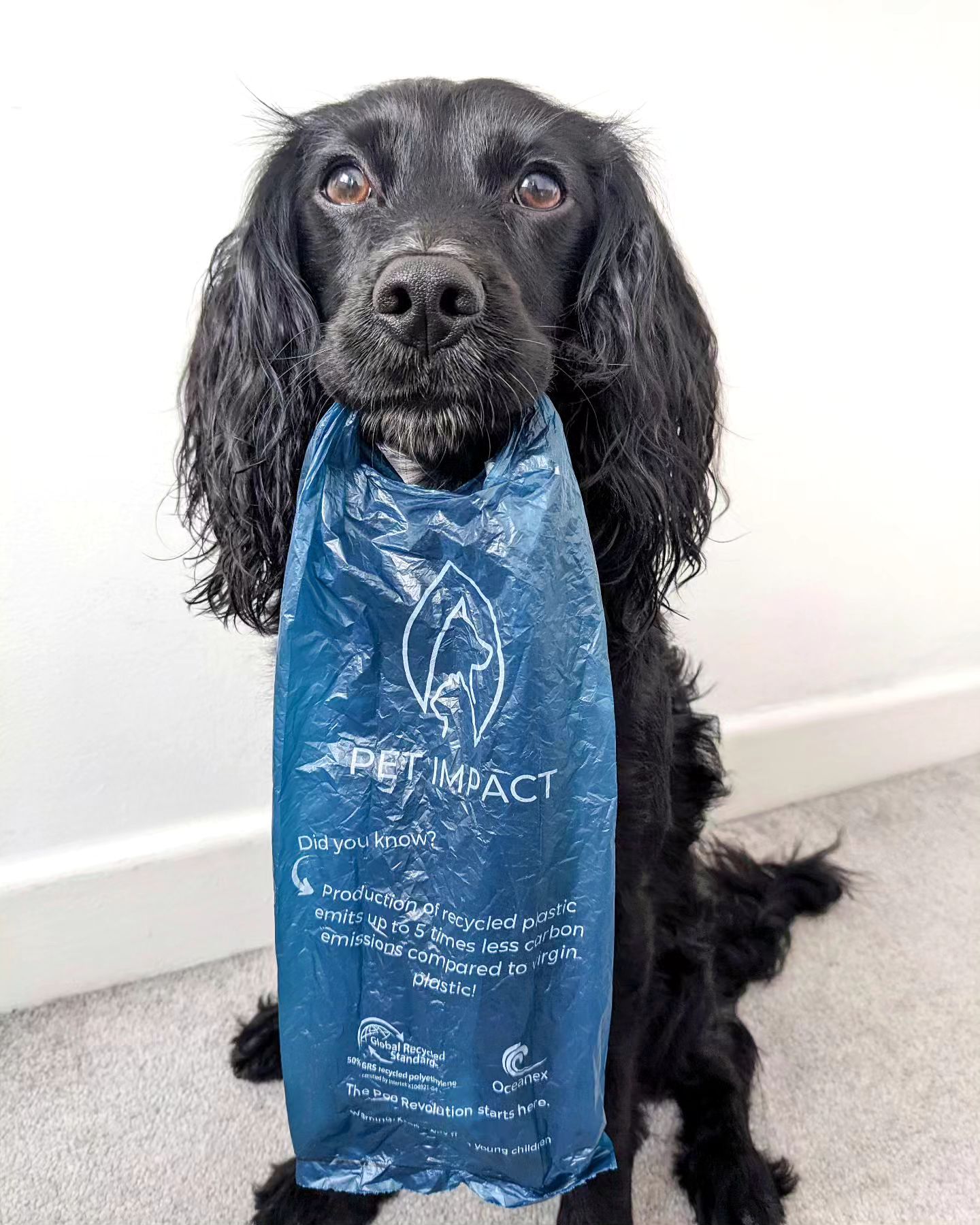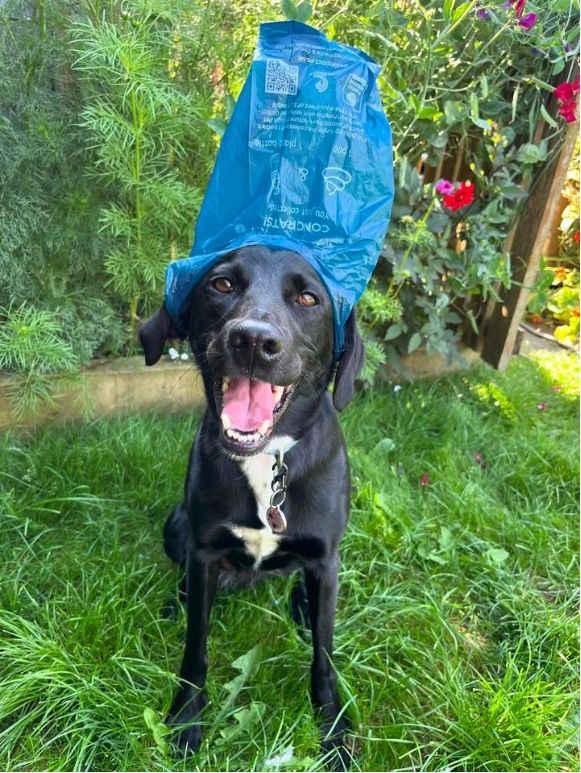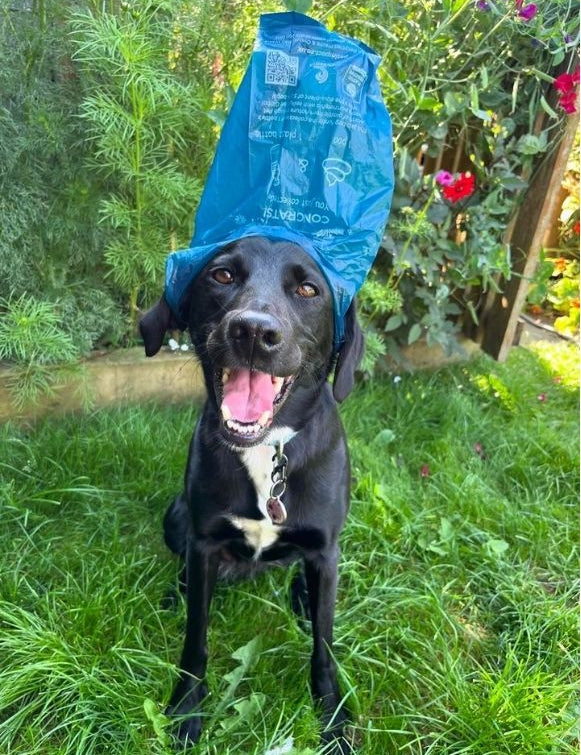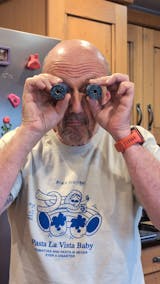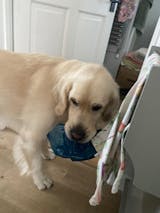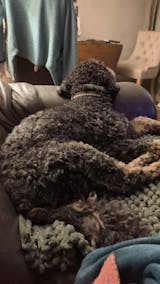The smart choice for eco-minded pet parents

Reduce waste sent to landfill & incineration
Instead of making new plastic from virgin materials, you reuse existing waste already destined for landfill or incineration.
Smaller eco-footprint
Recycling waste requires significantly less energy, land and water, and produces lower carbon emissions.
Fight plastic pollution
You fund the recovery of low value, hard-to-recycle plastic before it enters the ocean.
Positive social impact
You support communities most impacted by the plastic crisis by providing safe and dignified work to waste workers.
You're making a huge impact!
bottles' worth of plastic stopped from polluting our oceans – simply by using Pet Impact products
We fell for the myths, too...
It’s common to believe that compostable "cornstarch" poo bags are the most eco-friendly option.
We used to think the same...

👋 Hey, we're Alice & Gavin
Like every dog owner, we used countless poo bags for our pup, Alfie – and realised just how much waste that added up to.
Working with sustainability experts, we spent years developing a solution backed by real research, not greenwashing.
Join 20,000+ eco-conscious pet parents using reseacled
FAQs
About ReSEAcled Poo Bags
Are they scented?
No, ReSEAcled Poo Bags are unscented.
How strong are they?
Strong enough to literally hold a brick - check out our social media!
How big & thick are they?
- 24cm from top to bottom excluding handles, 36cm including handles.
When opened, they are approximately 22cm wide. - 15 microns thick - enough to ensure clean, mess-free poo picking.
Why aren't they cheaper?
They cost more so it costs our planet less!
- Using recycled waste materials often costs more than creating virgin materials - a reason why most companies choose to make products out of new materials, when our planet is already overflowing with waste!
- Ensuring ethical and sustainable practices are adhered to throughout our supply chain also comes at a price.
- All ReSEAcled Poo Bags fund the further recovery of 5x their weight in ocean-bound plastic, making them the world’s first and only certified plastic negative poo bag. This is action against plastic pollution is included in their costs.
Where do I dispose of them?
In regular general waste bins and dog poo bins. These bags are not to be composted.
Do you increase oyster shell farming?
No additional demand is placed on oyster farming for ReSEAcled Poo Bags. Only existing waste shells are used.
Why do you use oyster shell waste?
The shell of an oyster represents more than 70% of its total weight.
This means that every year, processing oysters for food leaves behind millions of tons of waste shells – most of which are landfilled.
The calcite in the shells can be added to plastic to reduce its fossil fuel content (without compromising quality or functionality).
The mining of limestone for calcite is typically environmentally destructive, but converting waste shells to calcite is comparatively simple and requires less energy. It is also quickly renewable!
How many bags in a roll or box?
Each box contains 240 poo bags (unscented, with handles).
There are 15 bags on each roll and 16 rolls in a box.
Do you have any other sizes available?
Unfortunately, we only have one universal size at the moment which seems to suit most dogs.
However, please let us know if you would like smaller or larger bags and we can look into developing these!
Where are they made?
Xiamen, China.
We would ideally make them locally, but have been unable to find a suitable factory that could make them to our specifications and at an acceptable cost to the end consumer.
To help mitigate their impact, we ship our poo bags by sea and never fly anything in.
The manufacturer we partner with also has had a SMETA 4-pillar audit, that assesses labour standards, health & safety, environmental assessments and business ethics.
About Poo Bag Eco-Friendliness
How can these be more eco-friendly than cornstarch poo bags?
Cornstarch poo bags have been marketed as “most eco-friendly”, but the reality is very different.
They are still 50–80% fossil fuel plastic (PBAT), with only a small portion made from cornstarch.
They often brand themselves as “plant-based” or “plastic-free,” but in truth, they’re just another type of plastic.
Any cornstarch used has been chemically changed to become plastic polymers.
Producing them is hugely resource intensive, demanding large amounts of energy, land, water and chemicals, causing cornstarch poo bags to have a very large eco-footprint.
They also do not provide any environmental benefit after disposal:
- In the UK, dog waste is either incinerated or landfilled.
- In incineration, biodegradability makes no difference.
- In landfill, these bags don’t break down properly and can release methane (a potent greenhouse gas).
Studies also show many so-called compostable bags fragment into microplastics rather than disappearing.
ReSEAcled Poo Bags provide a much stronger environmental benefit, supported by data.
By reusing existing waste, ReSEAcled have a much smaller eco-footprint than cornstarch poo bags. They do not add "new" plastic to the system and conserve our planet's limited resources.
They also create a real, positive impact by directly reducing ocean-bound plastic pollution.
But... ReSEAcled Poo Bags are still plastic?
Yes – but not all plastic is equal.
ReSEAcled Poo Bags are made from plastic waste that already exists on our planet.
Instead of demanding fresh resources, we give existing waste a second life.
This way, you do not introduce "new" plastic into the system. Every bag also helps reduce the creation of new plastic, while conserving our planet’s limited resources by turning waste into purposeful materials.
We admit ReSEAcled Poo Bags are not a perfect solution, but data has showed they are the best option for our planet, given the waste systems we have available for dog poo bags.
What does plastic negative mean?
A plastic negative product is one that takes out more plastic waste from the environment than it adds, when used and eventually discarded.
Each and every poo bag you use funds the recovery of one bottle's worth of ocean-bound plastic (10 grams).
This equates to removing 5x more plastic from nature than used in the poo bags, creating a net negative plastic result.
Do your poo bags biodegrade?
No – and that’s intentional, as our current waste disposal systems are not suitable for biodegradable poo bags.
Most poo bags are incinerated, making biodegradability irrelevant.
If landfilled, biodegradable poo bags can actually be harmful.
The lack of oxygen there causes them to decompose, releasing methane, a potent greenhouse gas.
Unfortunately, being biodegradable is therefore not a useful or helpful characteristic of poo bags, because of where they will end up.
While ReSEAcled Poo Bags are non-biodegradable, they are made of plastic waste that already exists on our planet - so we don't add any "new" plastic or waste to the system.




































